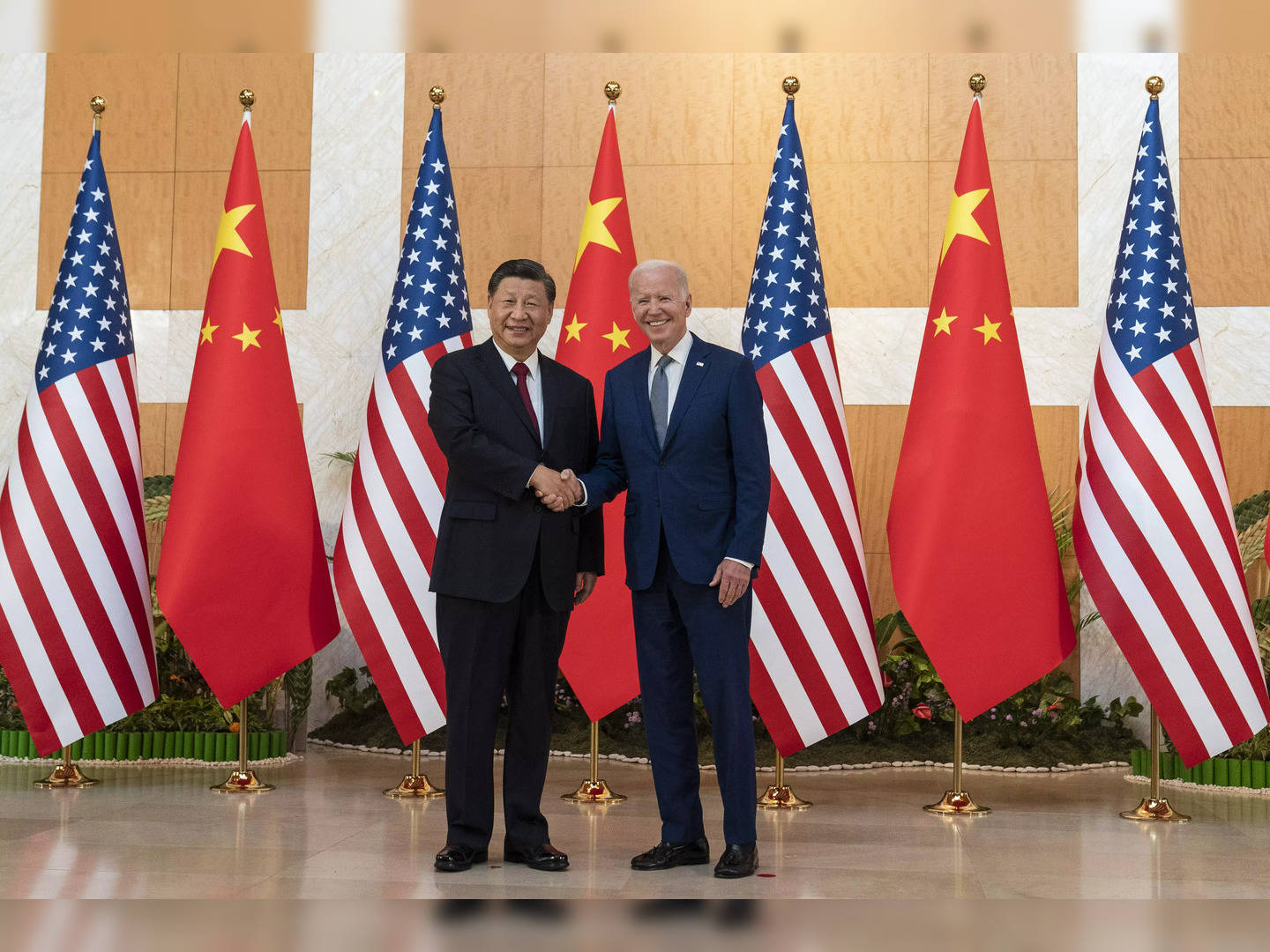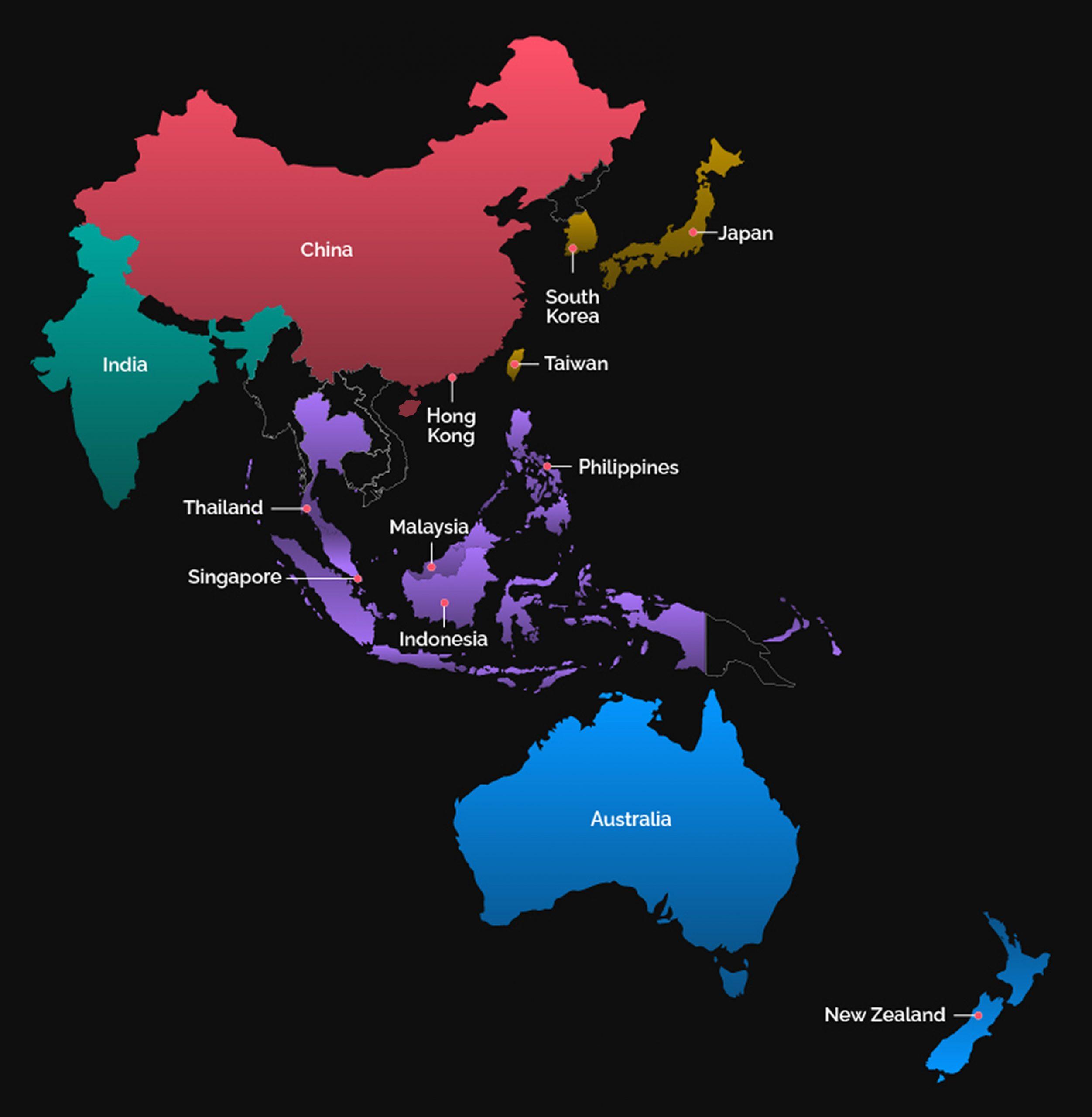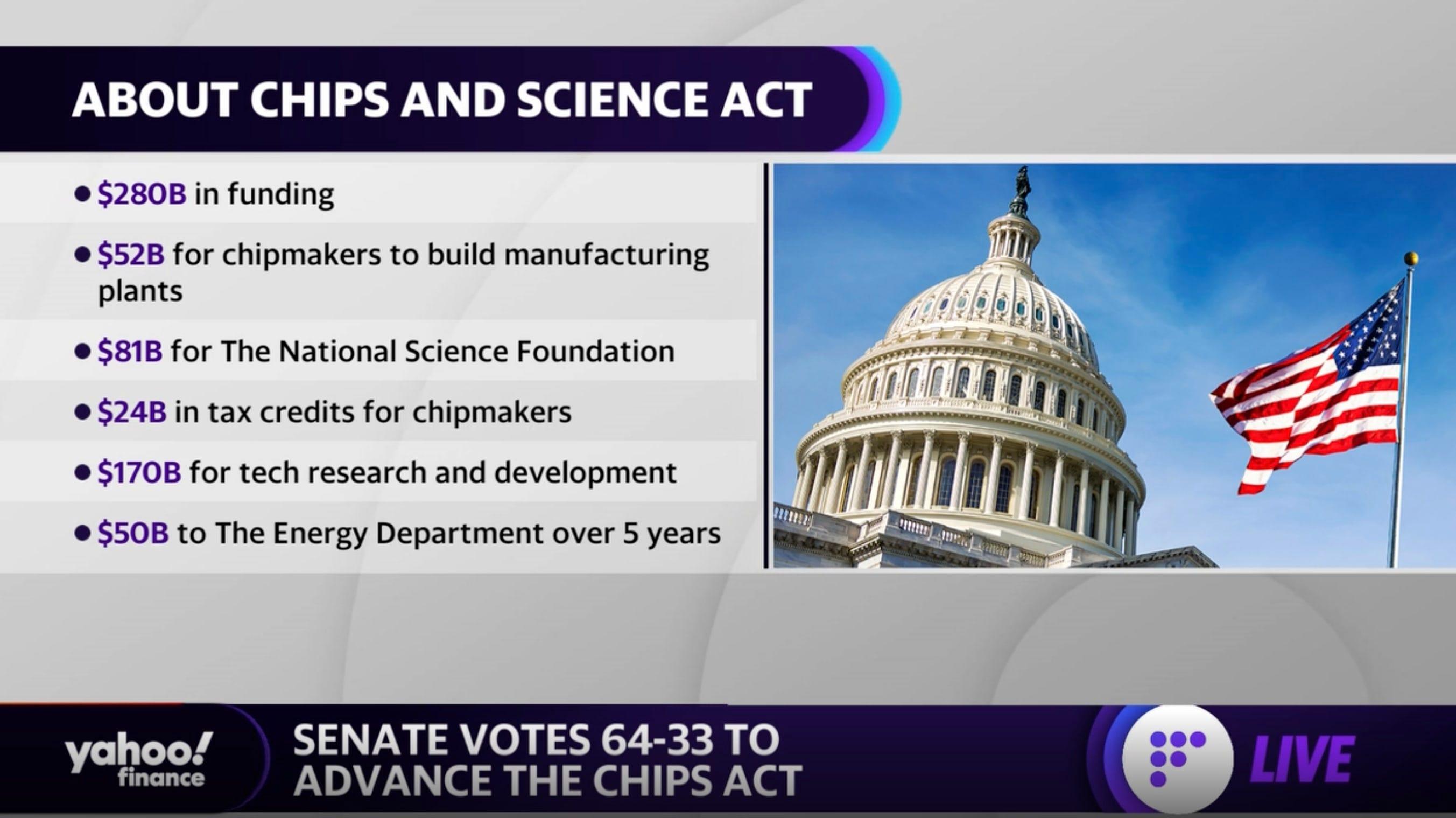Japan, the United States, South Korea and Taiwan have held the first meeting of senior officials under a new U.S.-led framework to help ensure a stable supply of semiconductors, Japan’s industry ministry said. Officials from industry organizations in the four economies took part in the virtual conference of the “Chip 4” alliance on Feb. 16 to discuss ways to maintain supply chain resilience in times of natural disasters and other contingencies.
Buy Prime Test Series for all Banking, SSC, Insurance & other exams
![ANALYSIS] Seoul expected to join Washington-led 'Chip 4' alliance](https://st.adda247.com/https://img.koreatimes.co.kr/upload/newsV2/images/202207/3462c1c1c4454df89ef5c7182a113988.jpg)
More About The ‘Chip 4’ talks:
- In a bid to outcompete China technologically, the Biden administration launched a new dialogue forum with Japan and South Korea on friend-shoring semiconductors as it invites companies to compete for a share of the $50 billion already approved to revitalize the U.S. chip industry.
- The inaugural meeting of the Economic Security Dialogue among the United States, Japan and South Korea was launched in Honolulu. Japan and South Korea are home to two of the world’s strongest semiconductor industries, and the forum aims to address issues related to critical and emerging technologies, supply chain resilience of semiconductors, batteries and critical minerals, as well as data transparency amid the U.S.-China tech war.
- Also, the administration launched the first CHIPS for America funding opportunity — an invitation for companies to compete for a share of the $50 billion approved by Congress under the CHIPS Act last year, specifically the $39 billion allocated to fund the construction of new and expanded domestic manufacturing semiconductor facilities.
- Much of the funds will be used by the few companies already producing the world’s most advanced chips — including Taiwan Semiconductor Manufacturing Company (TSMC), Samsung Electronics and Micron Technology — to ramp up their production capacity in the United States.
US aims to constrain China’s semiconductor industry:

As the Biden administration aims to constrain Beijing’s semiconductor industry, there are hurdles to overcome, including whether Seoul will be willing to join Washington’s ban on exports of advanced chip-making equipment to China that Japan and the Netherlands have recently agreed to join. Both are home to companies that are global leaders in chip manufacturing technologies.
There is also concern that Washington’s moves to reshape the global semiconductor ecosystem might weaken Taiwan’s semiconductor industry, which Taipei believes to be one of its strongest security guarantees to deter an invasion by Beijing.
About The Tri-country dialogue: economic security dialogue:

- The economic security dialogue is an expansion of the trilateral cooperation among Indo-Pacific partners that previously focused largely on the North Korean nuclear threat. The terms of the partnership were laid on the sidelines of the East Asia Summit in Phnom Penh in November 2022.
- The dialogue is an important forum for Washington as it seeks to build a unified front with partners to restrict sales of advanced semiconductor manufacturing equipment to China. A key issue will be where Seoul stands on the U.S. export control ban enacted by the Biden administration in October 2022, said Gregory Allen, director of the artificial intelligence governance project at the Center for Strategic and International Studies.
- Seoul is also seeking clarity on how the rules stemming from the export control ban might impact South Korean companies that are running significant semiconductor manufacturing operations in China. South Korea has received a one-year exemption, as details of how the ban might be implemented are still being worked out.
- Much work still needs to be done in getting Japanese and South Korean industries to buy into Biden’s strategy of cutting off chips to China, said Samantha Howell, a research assistant with the technology and national security program at the Center for a New American Security.
China’s Massive $140 billion package:
Meanwhile, China is ramping up its own domestic chip capacity. It is reportedly planning on a massive $140 billion package to bolster self-sufficiency and counter U.S. moves.
Earlier this month, Chinese Foreign Ministry spokesperson Mao Ning said Washington has “overstretched the concept of national security, abused export control measures, disrupted normal economic and trade activities, and destabilized global industrial and supply chains” to maintain economic and technological supremacy.
Taiwan Concern: 90% of the advanced semiconductors:
- As part of the U.S.-led push to secure global chip supply chains, TSMC has agreed to invest $40 billion to build semiconductor plants in Arizona. The facilities are scheduled to be operational in 2024 and are among the largest foreign investments in U.S. history.
- However, as producer of more than 90% of the world’s most advanced semiconductors, some in Taiwan are concerned that moving its production to the U.S. and elsewhere may weaken one of the island’s most important geopolitical assets known as the “silicon shield.”
- Theoretically, the silicon shield protects Taiwan from a Chinese military invasion in two ways. First, China depends on TSMC to produce the bulk of the chips it needs for its consumer electronics industry, linking Beijing’s bottom line to Taiwan’s stability, which may push China toward military restraint.
- Second, the dependence of major economies, including the U.S. and the European Union, motivates those countries to stand up for Taipei’s sovereignty.
The America’s technological leadership: the chip shortage:

In the coming months, additional funding opportunities for supply chain companies and research and development investments will be announced, U.S. Secretary of Commerce Gina Raimondo said in a speech on the administration’s goals to “build a reliable and resilient semiconductor industry that protects America’s technological leadership for the coming decades.” “In 1990, the U.S. accounted for 37% of global chip manufacturing capacity,” Raimondo said. “Today, that number is only 12%.”
The pandemic-induced semiconductor shortage has wreaked havoc on numerous industries, from automobiles to consumer electronics. The U.S. Department of Commerce estimated that the chip shortage caused a 1% decline in the country’s 2021 GDP growth.
Also Read: Britain, EU reach agreement on Northern Ireland post-Brexit trade



 Indian Olympic Medal Winners List Till N...
Indian Olympic Medal Winners List Till N...
 Who is the Inventor of the Gramophone?
Who is the Inventor of the Gramophone?
 HS Dhaliwal Appointed New DGP Of Andaman...
HS Dhaliwal Appointed New DGP Of Andaman...
